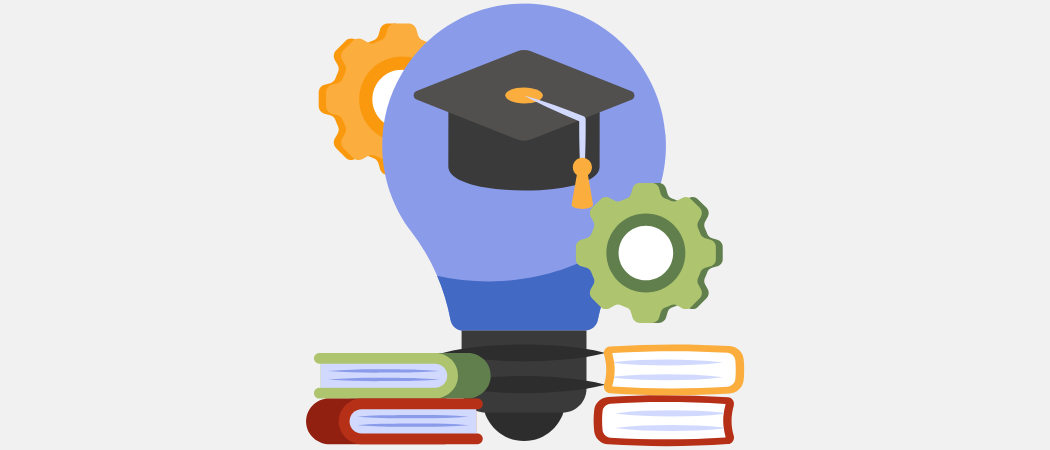Africa’s Higher Education Revolution Fueled by AI
Artificial Intelligence (AI) is no longer a distant, futuristic concept — it’s already stepping into classrooms across Africa. For universities seeking to lead, survive, or simply keep up, integrating AI into academic institutions is no longer optional — it’s essential. From personalized learning to automating administrative burdens, AI promises to reshape how education is delivered, experienced, and governed across the continent.
Why AI in African Universities Matters Now
Africa faces unique educational challenges: large class sizes, under-resourced institutions, language diversity, and infrastructure constraints. Traditional pedagogies and manual systems often fail to reach every student. AI offers a way to leapfrog some of these challenges:
- AI-driven adaptive learning can tailor lessons to individual students’ pace and style, addressing gaps in understanding.
- Chatbots and virtual assistants can fill support gaps in contexts where teacher-to-student ratios are very high.
- Predictive analytics can identify students at risk of falling behind and trigger timely interventions.
- Automated grading, transcription, and content indexing can free educators from repetitive tasks.
For example, in West Africa, “Kwame for Science” — a bilingual AI assistant — was deployed across 32 countries and handled thousands of student queries, achieving high accuracy in delivering relevant answers. (arXiv) Similarly, “Rori,” a WhatsApp-based AI math tutor in Ghana, showed statistically significant improvements in student performance with minimal infrastructure. (arXiv) These proof-of-concept deployments show that AI can work, even in lower-bandwidth or resource-constrained settings.
Challenges to Overcome
Of course, AI adoption in African academic institutions is not without hurdles. Some of the key obstacles include:
- Infrastructure gaps — unreliable electricity, low internet bandwidth, and limited device access in rural areas. (CIO Africa)
- Language and cultural relevance — Many AI systems are developed in English or for Western norms. African institutions need AI that understands local languages, values, and knowledge systems. UNESCO warns that AI risks erasing indigenous knowledge if not designed responsibly. (UNESCO)
- Data privacy, governance, and bias — Without proper AI governance, decisions can embed bias, breach privacy, or widen inequalities. (idrc-crdi.ca)
- Digital divide — Urban institutions may adopt AI quickly, but rural or marginalized campuses may be left behind, exacerbating inequality. (Right for Education)
- Skills shortage — Many universities lack faculty trained in AI or data science, limiting capacity to build, maintain, and adapt AI solutions. (irpj.euclid.int)
The Path to Responsible AI in African Academia
To make AI’s entry into African academic institutions sustainable and beneficial, several strategies are crucial:
- Localize AI systems (“Glocal AI”)
AI must reflect local contexts, languages, and curricula. In Ghana, a generative AI “Teacher Educator GPT” was designed to embed local linguistic and cultural content in academic assistance. (arXiv) - Establish AI governance and ethics frameworks
Universities should create oversight committees, data governance policies, algorithmic audits, and transparency mechanisms. African nations already emphasize AI governance and policy in continental strategies. (idrc-crdi.ca) - Bridge infrastructure and access gaps
Investment in internet, device access, offline-capable AI models, and low-bandwidth design is vital. Satellite connectivity and edge AI solutions are promising for remote regions. (CIO Africa) - Build faculty capacity and change mindset
Training, mentorship, and collaborative AI development initiatives will empower professors to be co-creators, not just users. Programs in AI leadership and degree programs already exist in Kenya, Nigeria, South Africa. (irpj.euclid.int) - Monitor, evaluate, and iterate
Pilot AI systems, collect feedback, measure learning outcomes, and refine. Universities must adopt evidence-based AI implementation, sharing successes and failures across institutions.
Why This Must Go Viral
When this idea spreads across academic networks, we unlock momentum for pan-African collaboration, funding, and shared AI infrastructure. A viral narrative helps:
- Attract support from governments, donors, and foundations for AI in education.
- Encourage universities to commit to AI adoption and governance.
- Promote policy conversations and public awareness about ethical AI in education.
- Create peer pressure and normative shifts to make AI a standard expectation in higher education.
Call to Action for African Universities
If your institution hasn’t started AI integration yet, begin now. Begin small, pilot local solutions, embed governance, and scale responsibly. The cost of delay is high: falling behind in global education, losing talent to other regions, and missing out on AI’s transformative power.
AI is entering African academic institutions — and those that lead will shape not just their campuses, but the future of their countries.
Let SimpliTaught, African AI labs, and local universities work together to ensure this entry is ethical, inclusive, and powerful.








